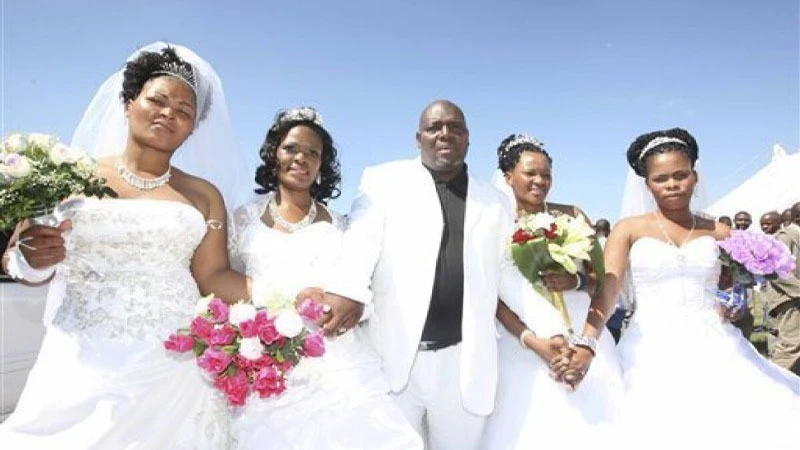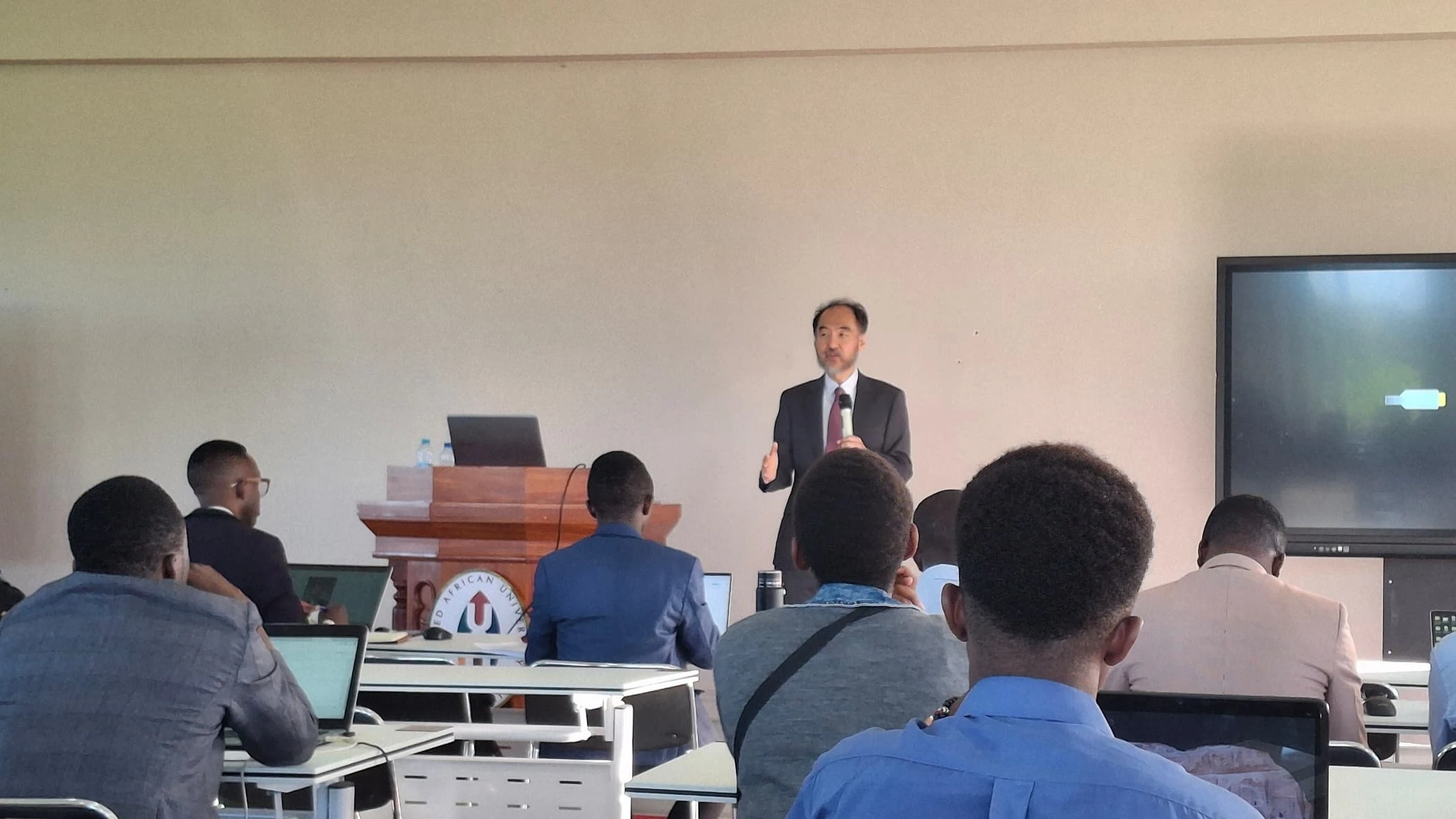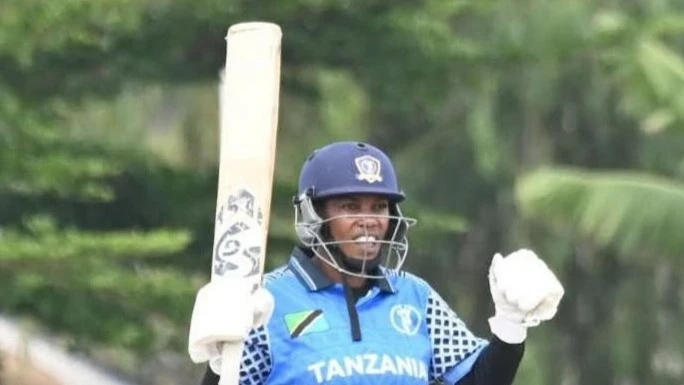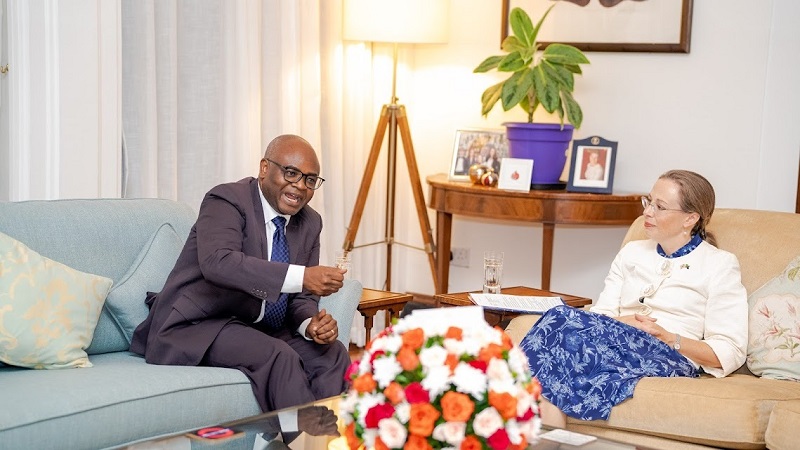Growing trend of bad faith and un-negotiated polygamy in SA

A video of The Mommy Club actress Nozipho Ntshangase and her family has recently gone viral on South African social media platforms. It shows her husband, Zola Ntshangase, leaving their home after an outburst over his recent decision to marry a second wife, allegedly without the consent of the first.
This has reignited the Constitutional Court’s highly regarded 2013 decision in the matter of Mayelane v Ngwenyama 2013 4 SA 415 (CC).
Polygamy — isithembu — is not a new phenomenon in South African law. Historically, polygamy is a cultural and religious practice that goes back centuries which allows a man who is already married to a woman to enter into further customary marriages.
It was popular television personality and media tycoon Musa Mseleku who first brought polygamy back to our television screens with the launch of his reality show, Uthando Nes’thembu. That’s apart from TV shows like Kwakhala Nyonini in the 1980s, where the polygamous lifestyle was also depicted in a chaotic way.
Over the years, Mseleku’s show has highlighted the good, the bad and the ugly of the polygamous lifestyle. It has often sparked polarising debate and left many South Africans conflicted.
Since then, polygamy has been played out on the public stage through social media and other shows such as Mnakwethu and most recently The Mommy Club.
Since the Ntshangase video came to light, it has become clear that countless more South African men have acted in bad faith, where they actually initiate lobola negotiations and deliver lobola for their potential new spouse without first obtaining the consent of the first wife.
In some cases, the first wife and/or key family members are unaware that this has transpired until after it has happened. This is not only a distortion of the culture, but also a clear violation of the constitutional rights of the first wife.
It is important to contextualise this phenomenon by exploring the legal implications invoked the moment when the marriage is negotiated, and the lobola is delivered without the knowledge of the first wife.
Marriage legal systems in SA
Before Mseleku, polygamy, although well-known and widely practised, had always been a taboo subject associated with “outdated” cultural beliefs and a clear contradiction of contemporary ideals. This is because marriage laws in South Africa have been influenced by Eurocentrism, which advocates a nuclear family structure.
Legally, polygamy is only recognised under African customary law in terms of s2 (3) of the Recognition of Customary Marriages Act 120 of 1998 (RCMA).
At some point, contemporary trends in South Africa showed that individuals were moving away from traditional family structures, which refers to large family units consisting of extended family members living in family households for various reasons. As a result, family dynamics are changing and some cultural protections are being lost.
Meanwhile, another pandemic is gaining momentum and wreaking havoc in South African households. A 2021 study shows that only 3.9% of children live with their fathers, and family law has done little to address this issue of absent fathers.
Today, marriage is no longer a guarantee that a mother will never be a single parent. There are high divorce rates, high numbers of married single mothers, and unconventional relationships where people opt for commitment without marriage.
This is a major contributor to what is known as the “broken” family, referring to the absence of a father figure. All this is to say that polygamy was seen as a way of ensuring the expansion of a family, and under no circumstances should the arrival of a second wife cause the first wife to leave, or compromise the family unit. If that happens, then the attempt at polygamy has failed.
Polygamy and its legal implications
In a quest to understand the correct procedure for initiating a plural marriage in South Africa, it is important to distinguish what is custom and what is law.
Firstly, cultural diversity offers a range of practices that are not only socially acceptable but also agreeable to each family.
Secondly, there is an existing legal framework that allows for the legalisation of polygamous unions and case law that reflects people’s lived experiences. Emerging trends suggest that we are moving further away from the Mayelane decision.
In that case, the court was confronted with the question of the consent of an existing (first) wife in a customary marriage. The court engaged in a value assessment of the role of consent in a customary marriage in an attempt to develop the rule should it be found to be prejudicial and inconsistent with the Bill of Rights.
It ruled that consent should be opted for prior to any steps being initiated towards further marriage, as this gives effect to the first wife’s right to equality and human dignity.
Interestingly, Kwakhala Nyonini is also crucial to the development of matrimonial law because it brings to light the intricacies that would later be addressed by the RCMA — essentially, that a civil marriage and a customary marriage cannot coexist.
The nature of umfazi wephepha (a character portraying a civil wife in possession of a marriage certificate among other customary wives) makes it clear that in some cases where men are already in a civil marriage, and attempting to marry a second wife, it becomes much more complex. The parties would have to dissolve their marriage under the Civil Marriage Act and enter into a customary marriage. Failure to do so would render the second marriage invalid.
No options for women
It is difficult to ignore the harsh impact that “isithembu behind your back” has on women. Most women are unsuspectingly pushed into a corner of extreme measures with limited options to respond. The most popular option is to quietly submit and reluctantly give consent because there seems to be no other alternative.
Or, many women have taken this as a sign that the marriage has broken down irretrievably, and therefore choose to initiate divorce.
Unfortunately, there seems to be no “soft” legal remedy available to women. Apart from applying for an injunction restraining the husband from proceeding with the marriage until such time as consent is properly obtained, there is not much that can be done.
It is worth noting that being a first wife is a very precarious position. You cannot legally challenge your spouse and still maintain good family relations. Women also do not consider leaving as a first option because of financial dependency. After many years of unpaid care work, their careers are often stagnant and they cannot easily enter the labour market.
In general, the courts are a last resort, as most put the family before individual interests as standing up to one’s spouse often comes with a high price that is not easily paid. As a result, there is little or no legal protection that can be offered to women in such predicaments against their will.
Perhaps the legislature needs to consider an amendment to the Recognition of Customary Marriages Act under s2(3) to include a clause declaring a default status of invalidity for any further marriage entered into without the consent of the first. DM
Top Headlines
© 2025 IPPMEDIA.COM. ALL RIGHTS RESERVED

























